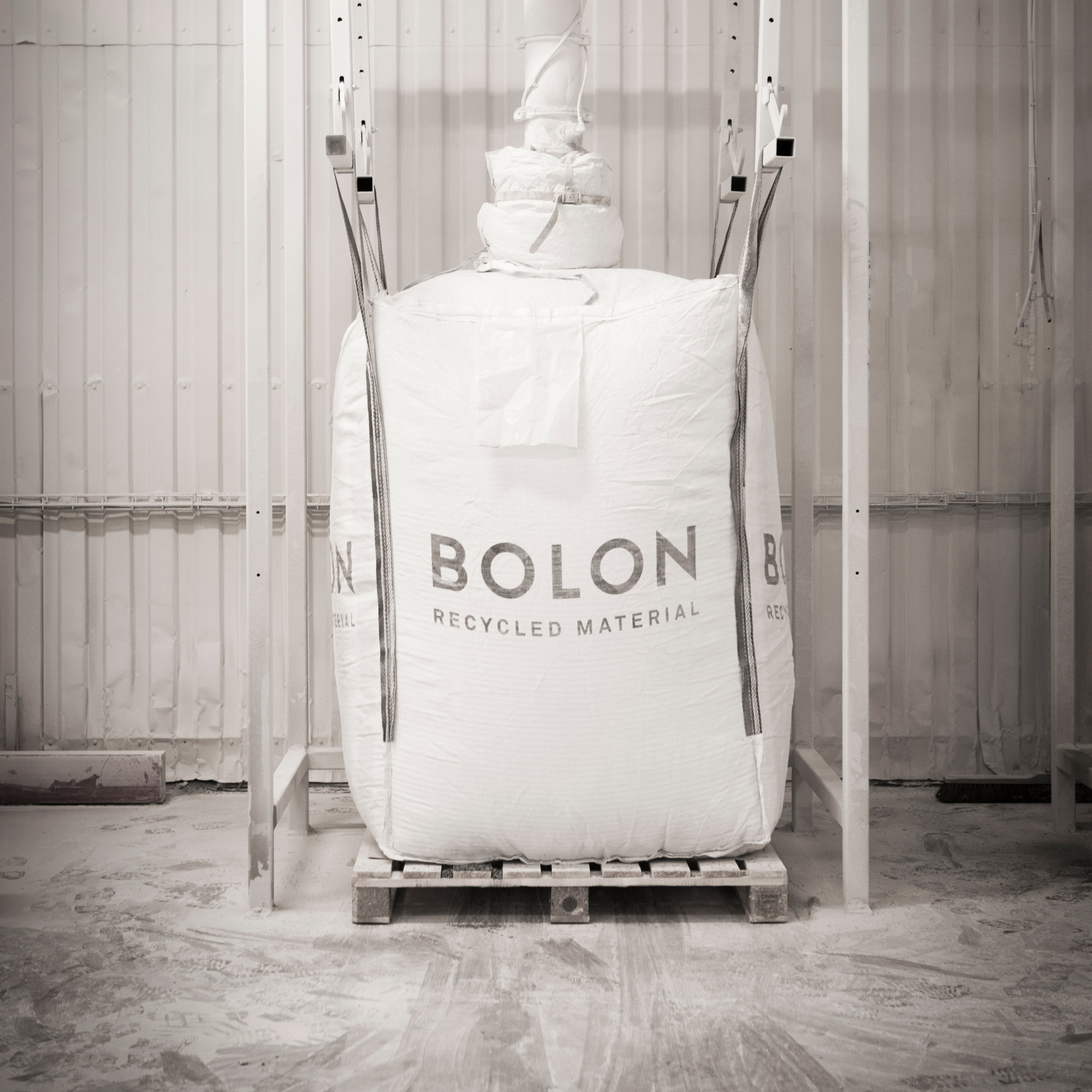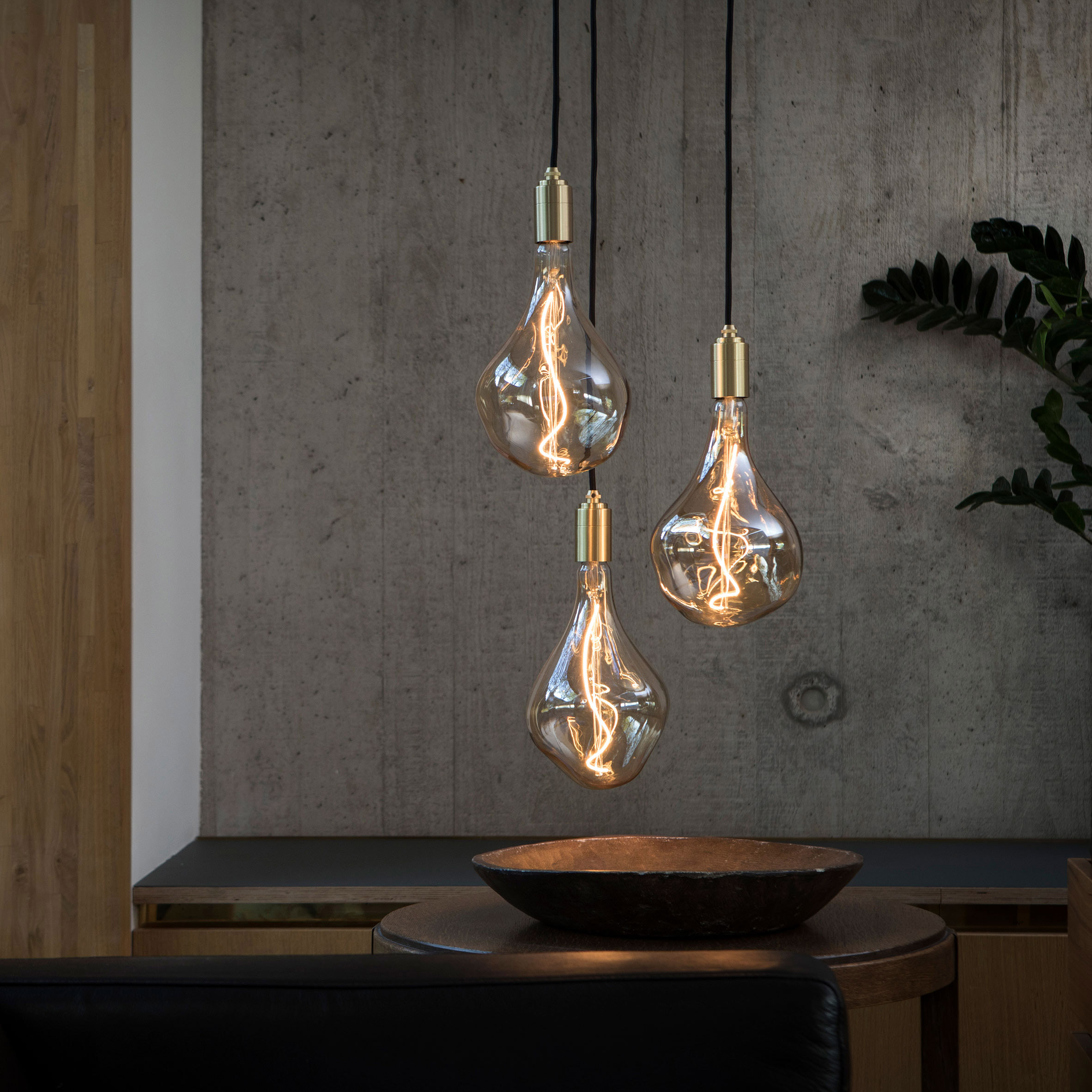
As news about the recently declared climate "emergency" continues to dominate the headlines, it's worth taking note of the design companies that forefront sustainability in their practices. From Vestre to Emeco, we've selected eight of the best.
The declaration of a formal climate and environment emergency last month by the Labour party was largely in response to a series of protests by environmental activist groups, including Extinction Rebellion and school climate strikers.
As Labour leader Jeremy Corbyn stated in the ..., if every country meets its current climate change pledges, temperatures will still rise by three degrees this century.
called for change in agriculture, architecture, transport
A group of 17 established architecture firms, including Zaha Hadid Architects and Foster + Partners, also responded by calling on UK architects to confront the climate crisis, we look at those in the design industry that are already leading the way in sustainability.
Here are eight sustainable design companies doing their part to address the climate emergency:

Vestre
Who are they?
Based in Oslo, Norway, Vestre is one of Scandinavia's leading manufacturers of sustainable furniture for urban and outdoor public spaces, which it has been creating since its establishment in 1947.
What environmental policies do they have?
Vestre's goal is to be recognised as "the most sustainable furniture brand in the world", and in doing so has integrated nine of the 17 United Nations sustainability goals into its business model.
All of Vestre's manufacturing is done in Scandanavia, where it is based. Its Snøhetta-designed factory in Olso is based on 100 per cent renewable energy and produces enough solar energy to be self sufficient in the summertime.
As one of the first companies in Scandinavia to order the new Tesla Semi – an all-electric battery-powered truck – Vestre plans to have zero emissions on all of its internal transportations by 2020.
Its steel has 30 per cent less emissions compared to the world average, and it sources its pine from the forests of Scandinavia. All of its products also come with a lifetime guarantee and warranty.
In addition to this, Vestre donates at least 10 per cent of its annual profits every year to sustainable projects worldwide.

Tarkett
Who are they?
Founded in Sweden in 1886, flooring manufacturer Tarkett produces a broad scope of surfaces including vinyl, laminate, wood, carpet rolls and tiles, linoleum, artificial grass and tracks.
What environmental policies do they have?
With a goal to establish a circular economy in the flooring industry, Tarkett is invested in cradle to cradle production.
The company's take-back ReStart program sees it collect not only its own flooring, but also flooring from its competitors – gathering off-cuts and used vinyl, linoleum and carpet flooring to be recycled back into its own products.
One Tarkett product alone can contain around 20 different raw materials. The products can be disassembled and recycled at the end of use.
The manufacturer also designs flooring with low or ultra-low Volatile Organic Compounds (VOC) emissions to improve the user's indoor air quality.
Try to mitigate the environmental impact of its production by limiting use of fresh water, through closed-loop water systems, switching to green energy sources and finding ways to reduce our greenhouse gas emissions.

Emeco
Who are they?
Established in 1944 in Pennsylvania, American furniture company Emeco is best known for creating the 1006 Navy Chair, made from salvaged aluminium for US Navy submarines, and still in production today.
What environmental policies do they have?
Emeco's environmental policy is focused on sustainability in the form of recycled materials and longevity. Since 1944, Emeco has been building chairs from at least 80 per cent recycled aluminium, and any scrap left over from the manufacturing process is also recycled.
While Emeco's all-aluminium chairs are 100 per cent recyclable, the company believes that the best value of its chairs is in its estimated life span of 150 years or more.
The company also uses recycled plastic in the production of products such as its 111 Navy Chair. According to Emeco, thanks to the launch of this chair in 2010, over 30 million plastic bottles have been kept out of landfill – a number that is growing each day.
In addition to using recycled materials, the company largely sources their materials within the US in a bid to reduce the high carbon footprint associated with transport.
Emeco is also in the process of building a factory in California with a Net Zero energy footprint, which will use solar energy to power its mechanical systems, appliances and heating.

Kvadrat
Who are they?
Established in 1968, Denmark-based textile manufacturer Kvadrat is responsible for producing high-quality upholstery, window coverings, rugs, and textile-related products for architects, designers and private consumers.
What environmental policies do they have?
Despite the fact that its headquarters in Ebeltoft, Denmark, is 100 per cent covered with renewable energy, Kvadrat's strongest sustainability policy is its use and disposal of fabrics.
In 2017, Kvadrat launched the sustainable recycling company Really, which upcycles waste wool and cotton to create different materials including textile acoustic felts and solid boards used in the design, furniture and construction industries.
Kvadrat also donates the textiles no longer in its standard collection to charitable institutions or creative projects, or sells them for cheap through the Queen of Raw online fabric marketplace.
Around 40 per cent of Kvadrat's woollen products are EU Ecolabel certified – a label awarded to products and services that meet high environmental standards – and around 52 per cent of its woollen textiles sold in the EU have the EU Ecolabel.
Approximately 90 per cent of all Kvadrat textiles are also Greenguard certified, and the company only uses dyes that fulfil Eu Ecolabel requirements.

Bolon
Who are they?
Founded over 70 years ago in Stockholm, Swedish flooring designer Bolon had sustainability at the core of its beliefs from the outset, with its first product being rag rugs produced from vinyl waste.
What environmental policies do they have?
Bolon manufactures all of its products in Ulricehamn, Sweden, where it also recycles its own flooring and the waste from other companies in the area into raw materials, before using them to create new pieces of flooring.
This means less transport is required, and therefore less carbon emissions, and the company has more oversight and control of the production process. Bolon also produces its own raw material and mainly works with suppliers within a 25-mile radius.
All of the company's flooring products contain up to 33 per cent recycled materials, and are manufactured with zero per cent waste in a production site that runs on 100 per cent renewable energy from either water or windmills and local ground water cooling.
Since 2014, all Bolon's flooring has been free from toxic materials such as phthalates, and are built to last with a 15 year warranty.

Mater
Who are they?
Founded in Copenhagen in 2006, Danish design brand Mater collaborates with established and upcoming designers to create high-end furniture and lighting. It bases its core business philosophy and approach to the design industry on three key principles: design, craftsmanship and ethics – this includes its approach to sustainability.
What environmental policies do they have?
Mater's goal is to make all of its designs with sustainably or ethically sourced materials. This includes using recycled aluminium taken from old car parts and bicycle wheels to make some of its furniture and lighting products.
A big part of the Mater collection is also made of wood from the fast-growing mango fruit tree, which is felled once the tree stops bearing fruit, and a new tree is then planted in its place.
Most of the Mater collection is labelled and manufactured with FSCTM-certified wood – in an FSC-certified forest, no more trees than the forest can reproduce is felled in a bid to avoid the exploitation of nature.
The company has also recently launched a collection made from used fishnets. The nets are washed, dried and shredded before being made into pellets ready for reproduction. This ocean waste is then made into chairs

Tala
Who are they?
Tala is a British lighting brand based in east London. Founded in 2013, the company specialises in low-energy LED lighting products that recreate the warm glow of traditional incandescent bulbs.
What environmental policies do they have?
Tala runs a reforestation programme where it donates a portion of its revenue to tree-planting programmes across the globe. Its recycling partner, First Mile, ensures that zero waste is sent to landfill, and all of its electricity is supplied by the renewable energy supplier, Bulb.
In the UK, the brand partners with The Heart of England Forest on building and protecting a vast, new unbroken woodland of native, broad-leaf trees in the middle of England.
Over in the US, Tala works with the National Forest Foundation to restore ecosystems across the country by planting in areas that have been affected by forest fires.
The company also recently made its foray into upcycled materials with the release of its Magma range made from Glaskeramik – a new material created from repurposed waste from broken solar panels – that will be available to buy in September 2019.
In terms of its company culture, Tala operates a meat-free catering policy for its events, which aims to bring positive awareness to the impact of meat consumption on the environment. The brand also runs a number of smaller internal initiatives such as Plastic-Free July and Meat Free Monday.
[image]
Tacchini
Who are they?
Established in 1967, Italian furniture brand Tacchini is responsible for manufacturing furniture items from modular seating systems and armchairs to tables and dining chairs.
What environmental policies do they have?
As an advocate of the zero miles policy, Tacchini has all of its products manufactured in the rural area of Brianza between Milan and Como where it is headquartered.
All of the company's materials and semi-finished products come from a zone of around 50 kilometres of the Tacchini plant, keeping the pollution and energy consumption produced from their transport at a minimum level.
In recent years Tacchini has started to incorporate more reusable, recyclable and renewable materials in its furniture. For example, the company recently launched a collection of tables by Italian-Brazilian designer Giorgio Bonaguro made from recycled marble taken from the waste of other industries.
The post Eight design companies leading the way in sustainability appeared first on Dezeen.
http://bit.ly/2ERNM7T
twitter.com/3novicesindia
No comments:
Post a Comment